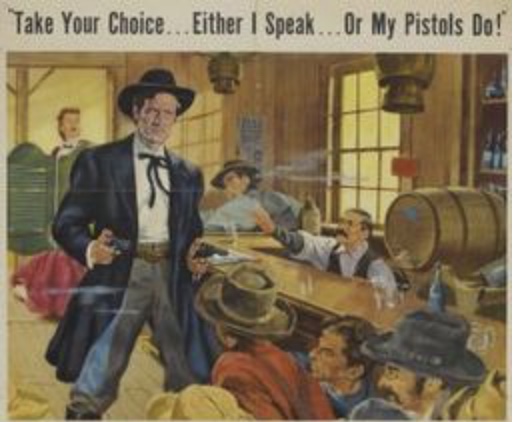
The war in Korea dominated this month in Memphis history as young Memphians were conscripted for duty in the Far East and the first reports of casualties reached the Bluff City.
Memphian Flees South Korea As Bombing Begins
The day after North Korea invaded the South on June 25th, Mrs. C. M. Speight – whose husband was a Coast Guard commander on duty with the South Korean Navy – fled the peninsula with her two children. Boarding a boat at Inchon, the three made their way to Japan where they caught a plane for the United States. They arrived in Memphis on August 5th where they were greeted by Mrs. Speight’s parents, Mr. and Mrs. J. S. Lively, who lived at 1250 Tutwiler. “The shooting and bombing had begun around Seoul when we left… Things over there don’t look any too bright right now,” the Coast Guard wife explained.
Throughout the month of August young men were conscripted into the military and existing reserve and National Guard units were activated for serve in Korea. Shelby County draft boards for August were required to call up 1,013 men for pre-induction medical examinations. The first reserve unit to be called up for active duty was the 241st Transportation Corps Port Company, an all-black unit headquartered at the Memphis General Depot. A few weeks later the 196th Field Artillery Battalion was activated at the National Guard Armory on Central Avenue. Included in the unit commanded by Lt. Col. Austin Tothacer were a dozen 17 year-olds whose high school careers were interrupted by the Korean War. As Humes High senior Paul Canada explained: “When you gotta go, you gotta go.”
Word of first casualties hits home
Around the time the 196th was alerted, a telegram arrived at the home of Mrs. Anna May Culligan, 25 N. Claybrook, that her son had been killed in action. Private First Class Joseph C. Culligan, Jr. enlisted in the Marine Corps after graduating from Sacred Heart High School and attending Christian Brothers College. Shortly before his death, Culligan had been recommended for a Silver Star after destroying three North Korean machine gun positions. A requiem mass was held for Pfc. Culligan at Sacred Heart Catholic Church.
Navy Chaplain Charles C. Butler declared, “I feel sure the great sacrifice Jack Culligan made on the field of battle was a sacrifice he willingly made for his country, in order that you and I and others may still enjoy privleges and rights. He died that our flag may continue to fly over our nation and be seen by all nations as a symbol of hope, freedom and justice.”
A Wildcat Strike in Frayser
While some Memphians were fighting and dying for freedom in Korea, others were trying to restrict it at home. At 8:30 pm on August 2nd a group of white workers at the International Harvester plant in Frayser walked off the job after an African American was made a crane operator to replace a white employee who requested a transfer. Because the black worker was the senior operator available, he was given the position. This did not set well with a large group of whites, who threw rocks at African American workers as they left their evening shift and refused to show up for work the following morning.

The leadership of the International Union of United Automobile, Aircraft & Agricultural Implement Workers of America (CIO), refused to support the wildcat strike and management pointed to the union contract, which required positions to be filled based on seniority. When International Harvester refused to abandon the senior black worker, the disgruntled white employees returned to work.
Memphis’ Censor Approves
Finally, Memphis’s notorious movie censor Lloyd T. Binford shocked Memphians when he actually had something good to say about Hollywood. After a screening at Loew’s Palace Theater of the M-G-M film Stars in my Crown.

Speaking to the press, the irascible censor board chairman stated: “Don’t know what’s got into them out in Hollywood. Maybe they think the Day of Judgement is coming or that someone’s going to drop a bomb on them,” He went on to say that the film starring Joel McCrea and Ellen Drew was the “truest picture I’ve seen of Southern rural life in my 22 years connected with the movie industry.”
That’s the Memphis was … in August 1950.
…………
Memphis author and historian Wayne Dowdy is the Manager of the Main Library’s Memphis and Shelby County Room. He also writes for the local monthly publication Best Times and is the author of several books on Memphis history, including A Brief History Of Memphis, Hidden History Of Memphis, and Mayor Crump Don’t Like It.

